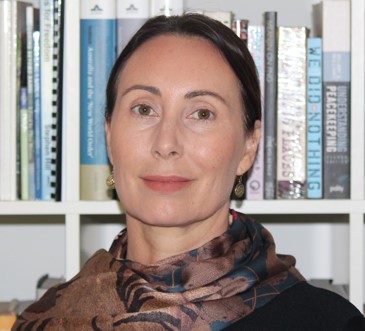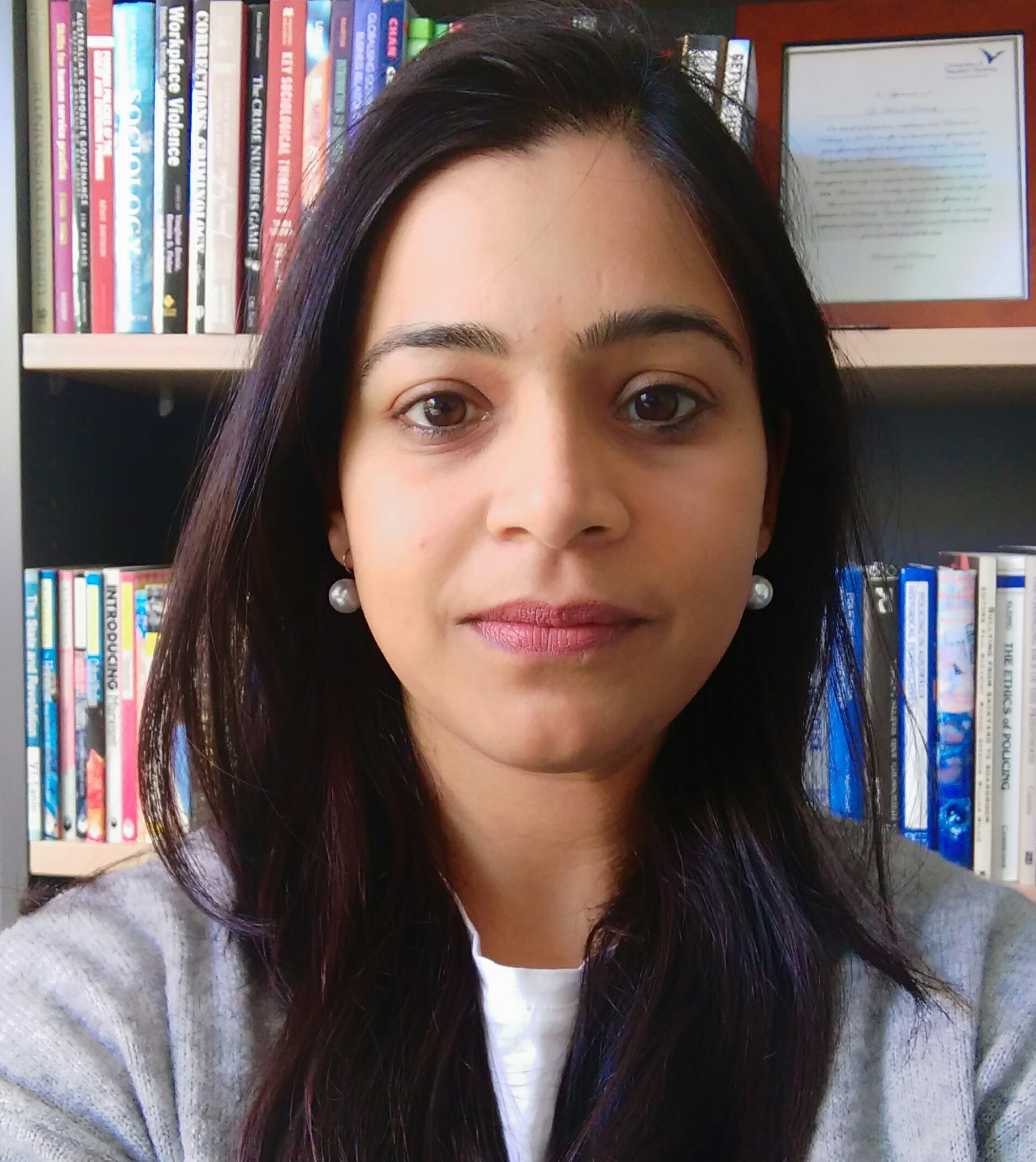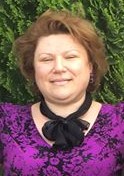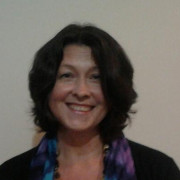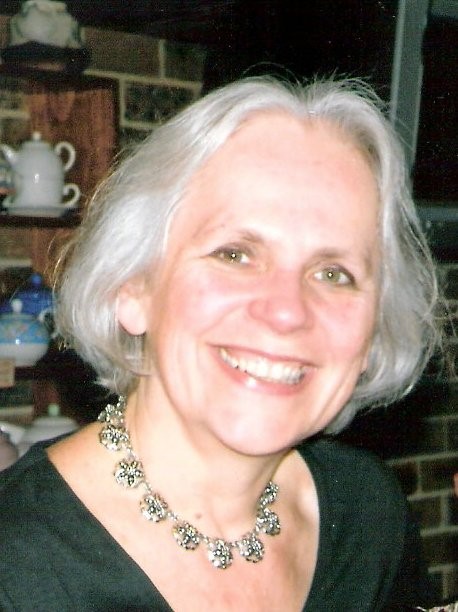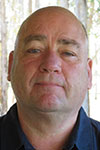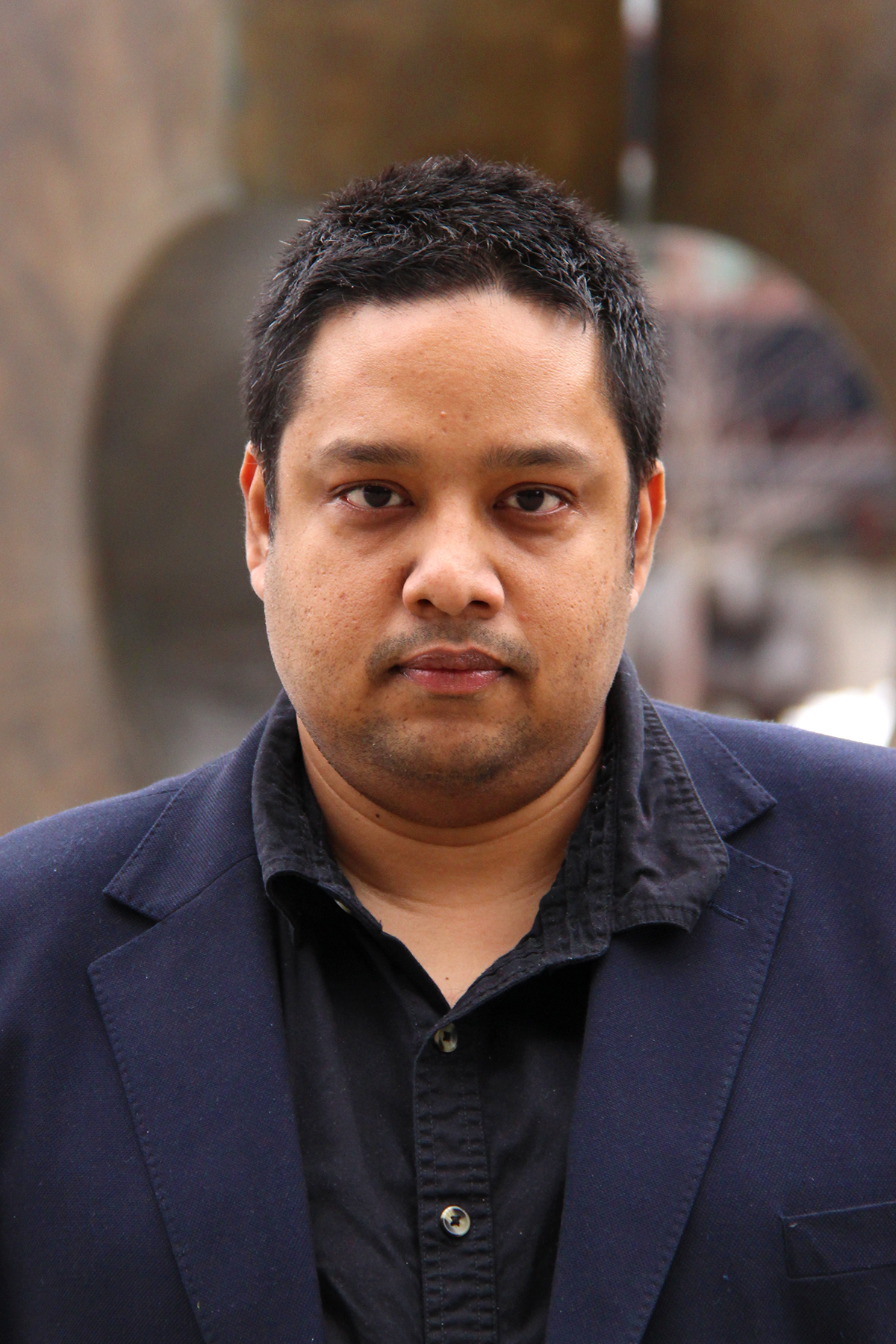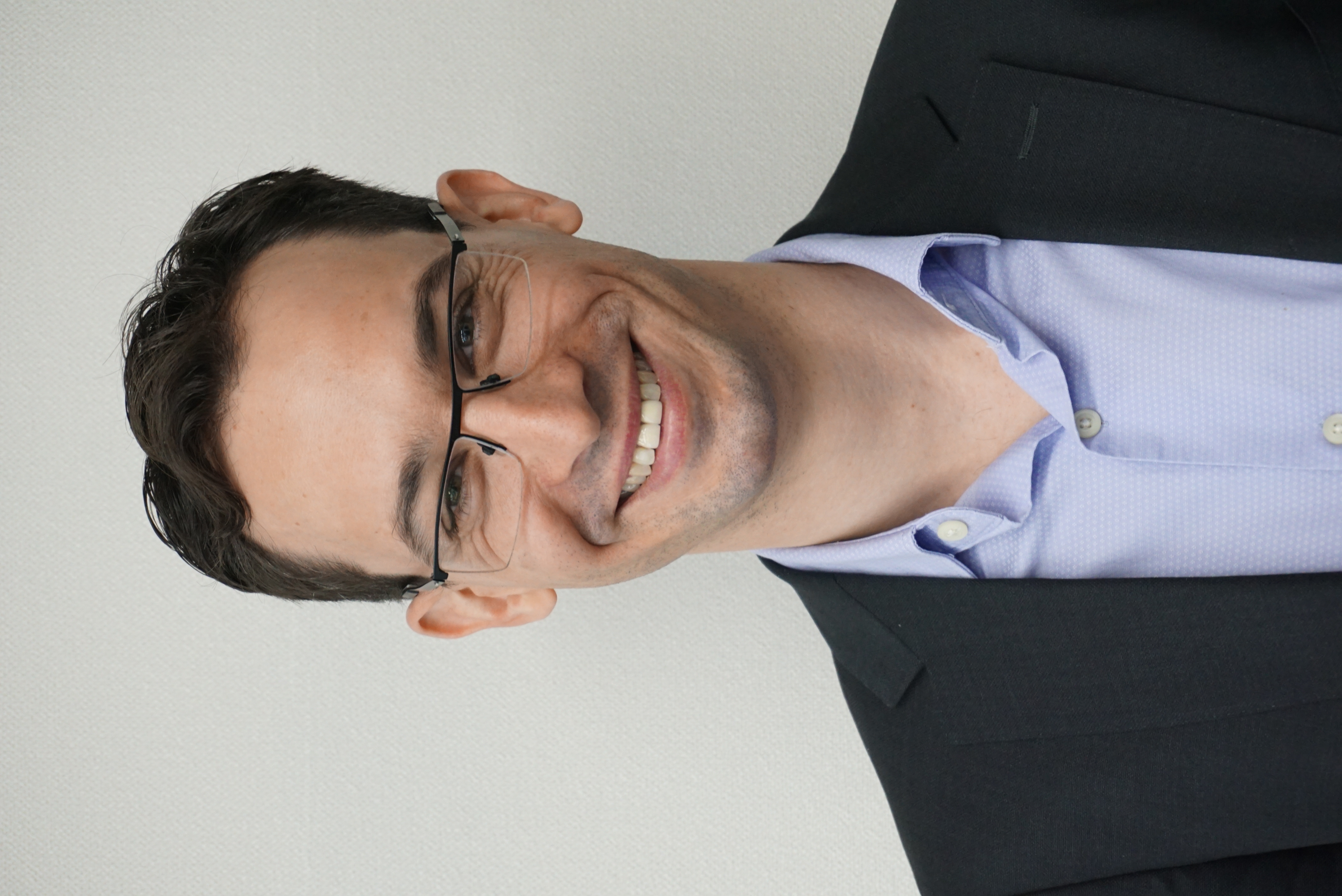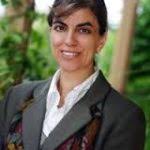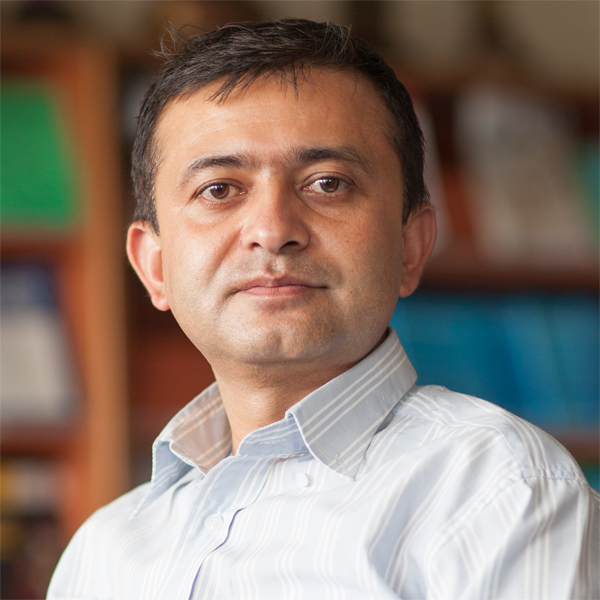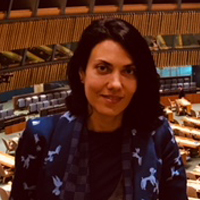Researchers
HADRI DirectorProfessor Nichole GeorgeouNichole is Associate Professor, Humanitarian and Development Studies, School of Social Sciences at Western Sydney University. She has worked as an aid practitioner in Japan and in Vietnam, with UNICEF and various civil society organisations. Her areas of research include: civil society and volunteering for development; Australian aid and development policy; food security in the pacific Islands; Australian interventions in the Indo-Pacific; and Responsibility to Protect. Nichole is the author of the 2012 study Neoliberalism, Development and Aid Volunteering (Routledge). Her research has been published in Journal of Sociology, PlosOne, Voluntas, PORTAL: A journal of multidisciplinary international relations, Pacific Dynamics, Australian Journal of History and Politics, and Australian Journal of Political Science. She is currently completing a book with Dr Charles Hawksley, (University of Wollongong) on Police-building and the Responsibility to Protect: Civil Society, Gender and Human Rights Culture in Oceania (forthcoming Routledge 2019), which explores policing assistance to enhance human rights protection within a framework of international development and aid and is based in research conducted in Timor-Leste, Papua New Guinea and Solomon Islands. Nichole is an editorial board member of the International Gramsci Journal and a regular article and book reviewer for journals in the disciplines of sociology and politics. Nichole is the HADRI theme leader for Sustainable Development and Human Security. |
|
Associate Professor Garry Stevens - Theme Leader for Disaster Preparedness, Response and ManagementGarry is a Clinical Psychologist and Senior Lecturer, Humanitarian and Development Studies Program, School of Social Sciences, Western Sydney University. His work includes examining population mental health and epidemiology, in particular interventions and service development regarding deliberate self-harm presentations and technology supported aftercare programs. Garry is involved in research projects examining population preparedness for disasters and critical incidents, including occupational risk and resilience factors among emergency service workers, Australian Medical Assistance Teams (AUSMAT) and humanitarian aid workers and trainees. His recent work with aid practitioners has focused on worker self-care and help-seeking attitudes in the context of work-related stress. Garry’s primary research interests include: disaster mental health and community adaptation; occupational resilience and help-seeking among aid practitioners; mental health effects of labour trafficking; and service development for deliberate self-harm. |  |
Dr Melissa Phillips -Theme Leader for Migration and DiasporaMelissa is a Senior Lecturer, Humanitarian and Development Studies Program, School of Social Sciences, Western Sydney University. Her research interests include migration, mobility, displacement and refugee settlement including diasporas. Melissa has previouslyworked for the United Nations and for international non-government organisations in South Sudan, the Horn of Africa (Kenya and Ethiopia), Libya and the Middle East in protection of civilians and humanitarian coordination roles. She has also worked with asylum seekers in immigration detention in Australia, supported community-based asylum seekers in the UK, and managed a refugee resettlement project in Australia. Melissa is co-author of Becoming Australian: Migration, Settlement and Citizenship (with Brian Galligan and Martina Boese), MUP, Melbourne (2014) and has published widely in academic journals on refugee settlement, multiculturalism and transit migration. She is an Associate Editor for Journal of Intercultural Studies and is a Board member of the Australian Red Cross, a Regional Advisor for the International Detention Coalition and Advisory Board Member of ‘Urban Refugees’. |
|
Nidhi Wali, HDR Representative, HADRINidhi is HDR rep for the HADRI HDR group. She holds a Master’s degree in Development Studies from University of Sussex, UK, and is presently pursuing her Doctor of Philosophy research at Western Sydney University focussing on “Child malnutrition in South Asia”. Nidhi was the Senior Research Officer at HADRI, WSU. She has experience of working in India and Australia on issues of public health, nutrition and community mobilisation. In India, she has worked with the national government, as well as with international organisations such as CARE, Public Health Resource Network and UNICEF. Her work is primarily focussed on promoting community mobilisation and participation strategies for improved maternal and child health and nutrition outcomes. She worked on applied research projects and developed and delivered context relevant trainings across remote rural parts of India. In Australia she has worked with vulnerable migrant communities on issues of settlement, health and access to services. Presently, Nidhi’s research work is across public health, nutrition, and development studies. Her research interests include research methodologies across social sciences, public health and nutrition. |
|
HADRI Members and Adjunct Research FellowsNational | |
Dr Archana VoolaArchana is a social policy researcher who holds a PhD in Policy Studies from Sydney University. Her PhD focussed on gender inequalities in microfinance, comparing problem representations in India and Australia, and her current research interests include gender, marketplaces, poverty and inequality. Archana’s research is underpinned by her passion to be a voice for the voiceless and focuses on the experiences of vulnerable groups such as ultra-poor women, financially excluded people, and people experiencing food insecurity and/or domestic violence. Her work has contributed to publications on marketing strategies for social impact, gender equality strategies, anti-poverty program evaluations, comparative social policy and the United Nations’ Sustainable Development Goals. Archana's work has been published in journals such as European Journal of Marketing, Third Sector Review, Australian Journal of Social Issues, Social Business and The International Education Journal: Comparative Perspectives. | 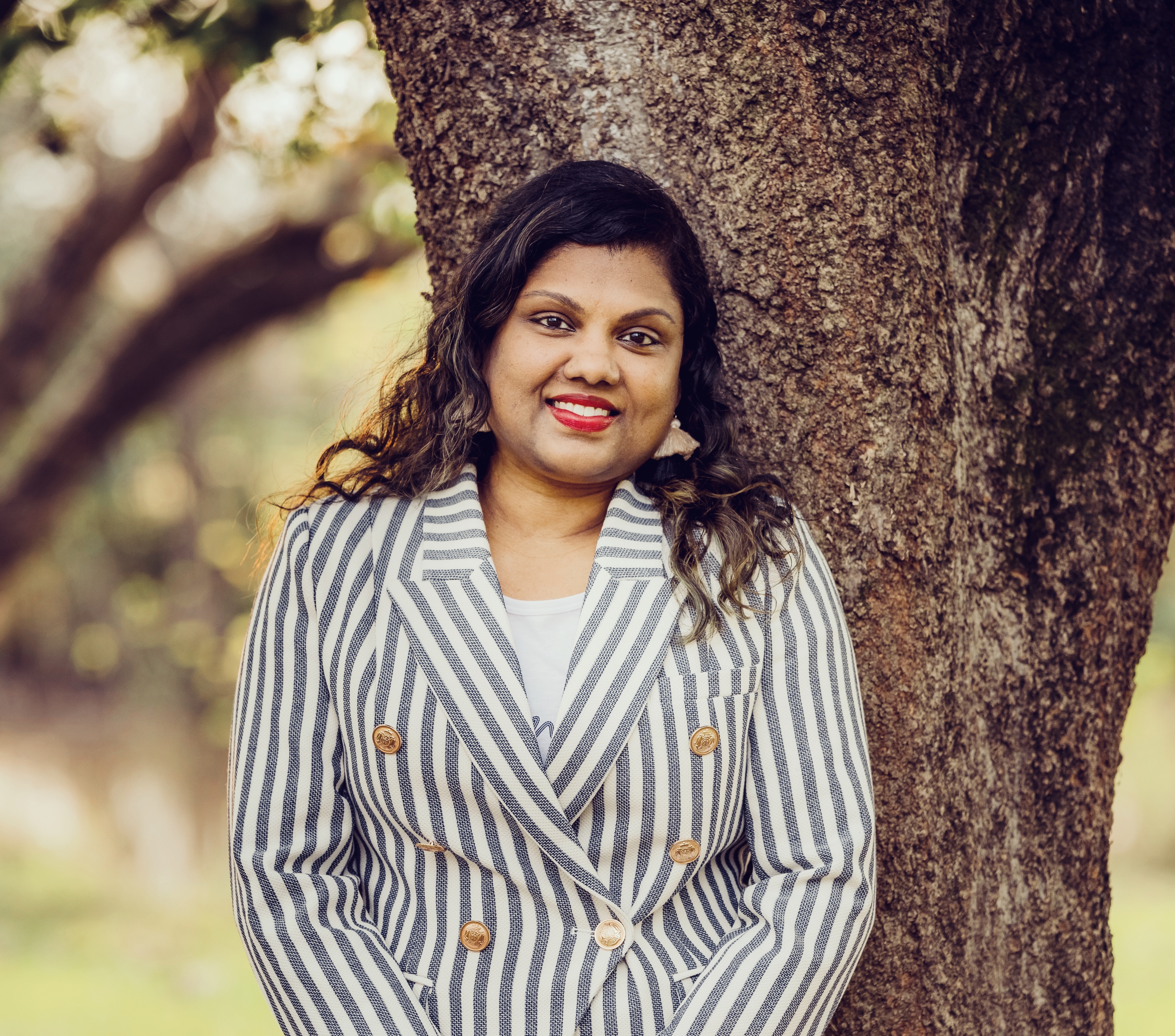
|
Associate Professor Awais PirachaAwais is an urban planner in Geography, Urban Planning, and Heritage and Tourism, School of Social Sciences at Western Sydney University. His areas of research cover sustainable urban development and use of spatial analysis/techniques in land use and transport planning. He trained as a civil/environmental engineer as well as a town planner, and previously worked as a researcher with the United Nations University in Tokyo, the Asian Institute of Technology Bangkok and University of Dortmund, Germany. In his professional career spanning over two decades, Awais has participated in numerous projects as urban planning spatial analyst. His recent work includes articles in Australian Planner, Management of Environmental Quality: An International Journal, International Journal of Built Environment and Sustainability, and Journal of Town and City Management. | 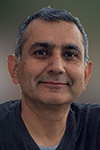 |
Dr Ataus SamadAtaus Samad is Lecturer in the School of Business at Western Sydney University. He holds a PhD in Management and a Master of Business (Research) from Central Queensland University and specialises in the regional settlement of migrants. His work on the settlement and secure employment of migrants in regional agribusiness has recently been published by the Central Queensland University Centre for Tourism and Regional Opportunities. Before joining WSU Ataus was on the board of the Queensland Government’s Multicultural Queensland Advisory Council. He has published in high-ranking journals and his work has been cited by academics, NGOs, government and the media. | 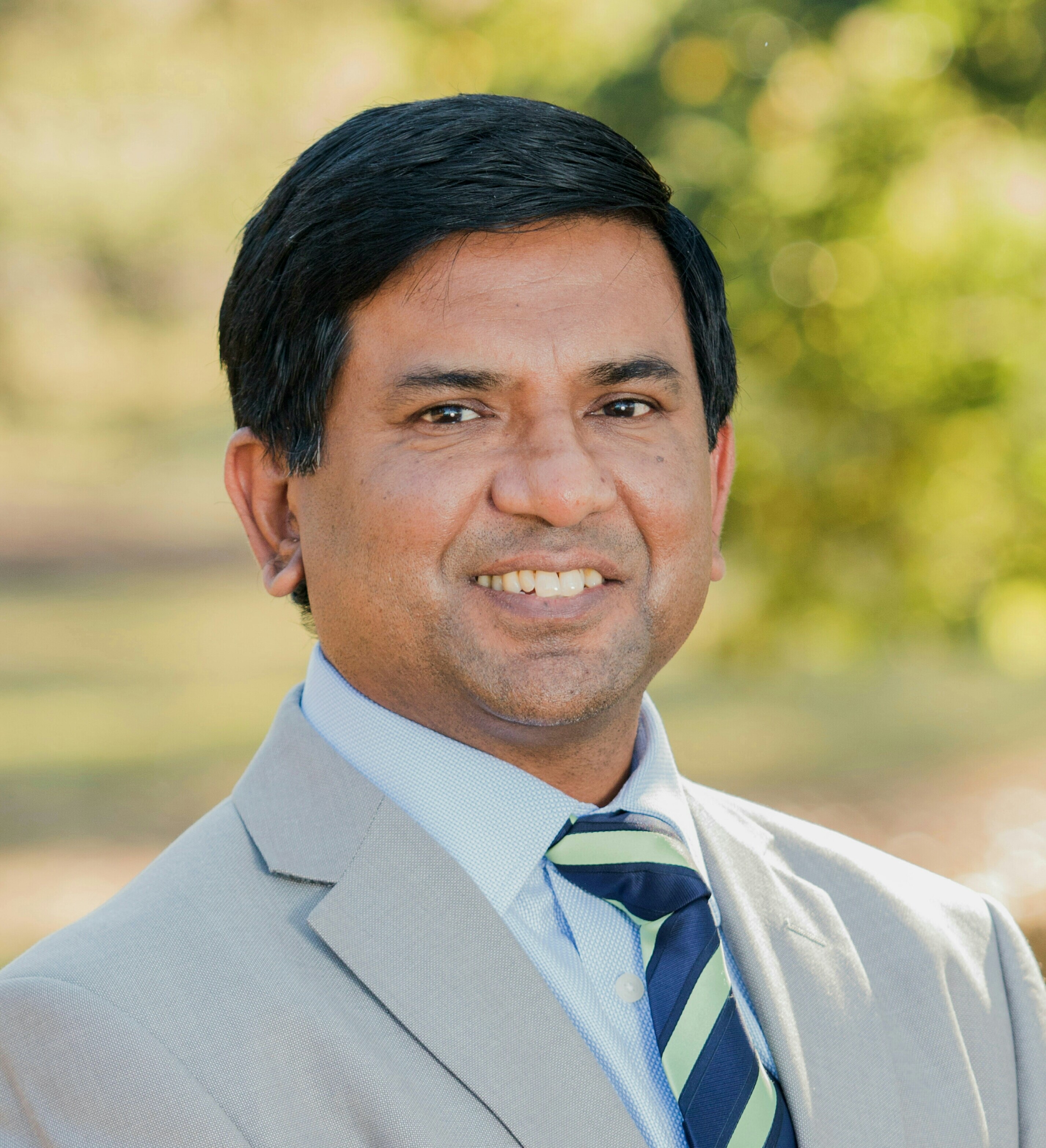
|
Cymbeline BuhlerCymbeline Buhler recently completed her PhD at Western Sydney University. Her research builds on twenty years of arts practice in professional and applied theatre. She has held Artistic Director positions at Backbone Youth Arts in Brisbane and Western Edge Youth Arts in Melbourne. Her research and practice interests are in creative citizenship, shared and hybrid identities, feminist approaches to voice, and the nexus between arts practice and community health. Her greatest artistic influences are bouffon theatre, improvisation, storytelling and theatre anthropology. | 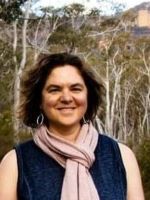
|
Dr Dianne BoltonDianne holds a Master of Social Science and PhD from Birmingham University, UK, in the areas of sociology, and the economics and politics of development. She has extensive experience in the public, private and Not-for-Profit sectors and has consulted broadly concerning quality and performance management associated with international and domestic business education and accreditation, and on higher education reform agendas and governance. She has a keen interest in cross-disciplinary and cross-sectoral program initiatives that require effective stakeholder management. Dianne is an active researcher in sustainable business practice; emergent trends in development agendas to meet SDGs; responsible leadership and governance as risk management strategies; responsive regulation in higher education environments; and in tailoring higher education design to deliver requisite skills to achieve these agendas. | 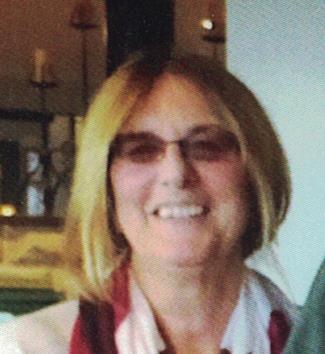
|
Dr Debra KeenahanDebra is a registered psychologist and Lecturer, Humanitarian and Development Studies, School of Social Sciences at Western Sydney University. Her published work has mainly focussed on disability discrimination, and her early research was on racism and aversive reactions to the disabled, and on the social and psychological phenomenon of Dehumanization. She has worked as a Counsellor with the Multiple Sclerosis Society of NSW, and as psychologist with NSW Corrective Services. In 2010 Debra commenced formal studies in the visual arts and she is now an exhibiting artist. She is currently completing further studies and research into Disability Aesthetics, which is a critical issue in the dehumanization of the disabled and the assertion of their human rights, in efforts to address the problem of structural violence against the disabled. |  |
Dr Irena C. VeljanovaIrena is Lecturer in Sociology, School of Social Sciences, Western Sydney University. Her research interest focuses on transcultural health, particularly how diversity and disability are conceptualised and operationalized in policy, service provision and clinical settings. She is also interested in health knowledge co-production dynamics which are increasingly enabled by the digital technologies. She is the co-editor (together with Prof. Iedema, Rick) of the HSR 2013 Special Edition titled Lifestyle Science: Self-healing, co-production and DIY and features as an editor of two interdisciplinary edited volumes titled Perception, Meaning and Identity (2010) and Health, Agency and Wellbeing (2014)(co-edited with Mills, Cally, Emmanuel, Glory). More recently her published work can be found in Pain Medicine, BMJ Open and Pain. Her current funded research project focuses on exploring the discriminatory aspects of the migration health requirement in Australian immigration laws. |
|
Professor Karen SoldaticKaren holds aPhD (summa cum laude) from the University of Western Australia. She is Professor in the School of Social Sciences and Deputy Director of Research in the Institute for Culture and Society at Western Sydney University. She is also an Institute Fellow of the Whitlam Institute. Karen has been awarded: a Fogarty Foundation Excellence in Education Fellowship for 2006–2009; a British Academy International Fellowship in 2012; a fellowship at The Centre for Human Rights Education at Curtin University (2011–2012); and an Australian Research Council DECRA Fellowship (2016–2019). Her research on global welfare regimes and disability builds on her 20 years of experience as an international (Cambodia, Sri Lanka, Indonesia), national and state-based senior policy analyst, researcher and educator. | 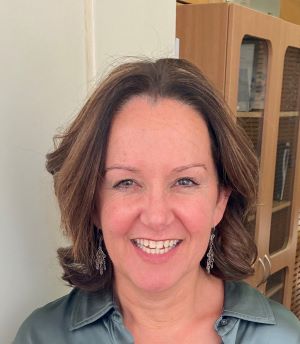
|
Dr Lal B RawalLal is Senior Lecturer in Public Health at Central Queensland University (CQU) and based at the CQU Sydney Campus. He holds a PhD in Global Health from Monash University, is an experienced public health researcher, and has led several research projects funded by international/national agencies, universities and health ministries across Nepal, Bangladesh, Ghana and Australia. His work has been widely published in leading peer-reviewed international journals, and as books/book chapters. Lal’s research interests include Non- Communicable Disease prevention and control; Migration health; Health policy and systems strengthening; Primary health care, health behaviour and health promotion. |
|
Dr Liwan LiyangeLiwan is Senior Lecturer in Mathematics and Statistics at Western Sydney University. She has worked for over four decades in academia. Liwan pioneered the teaching of data analytics at Western Sydney University through the introduction of the unit 200036 Data Mining and Visualisation in 1999, well ahead of most other Australian universities. Liwan’s research centres on optimising and applying data driven models to guide informed decision making in both academic and commercial settings. She is the founding author of Operational Statistics (2005), which proposed a new way to use real time distributions for real time decision making, thus pioneering a new research methodology. Liwan's current research interests broadly span: public health; environmental impact studies (including climate change, electricity consumption modelling, behavioural finance and cell biology); and promoting collaborative impact research for social good. | 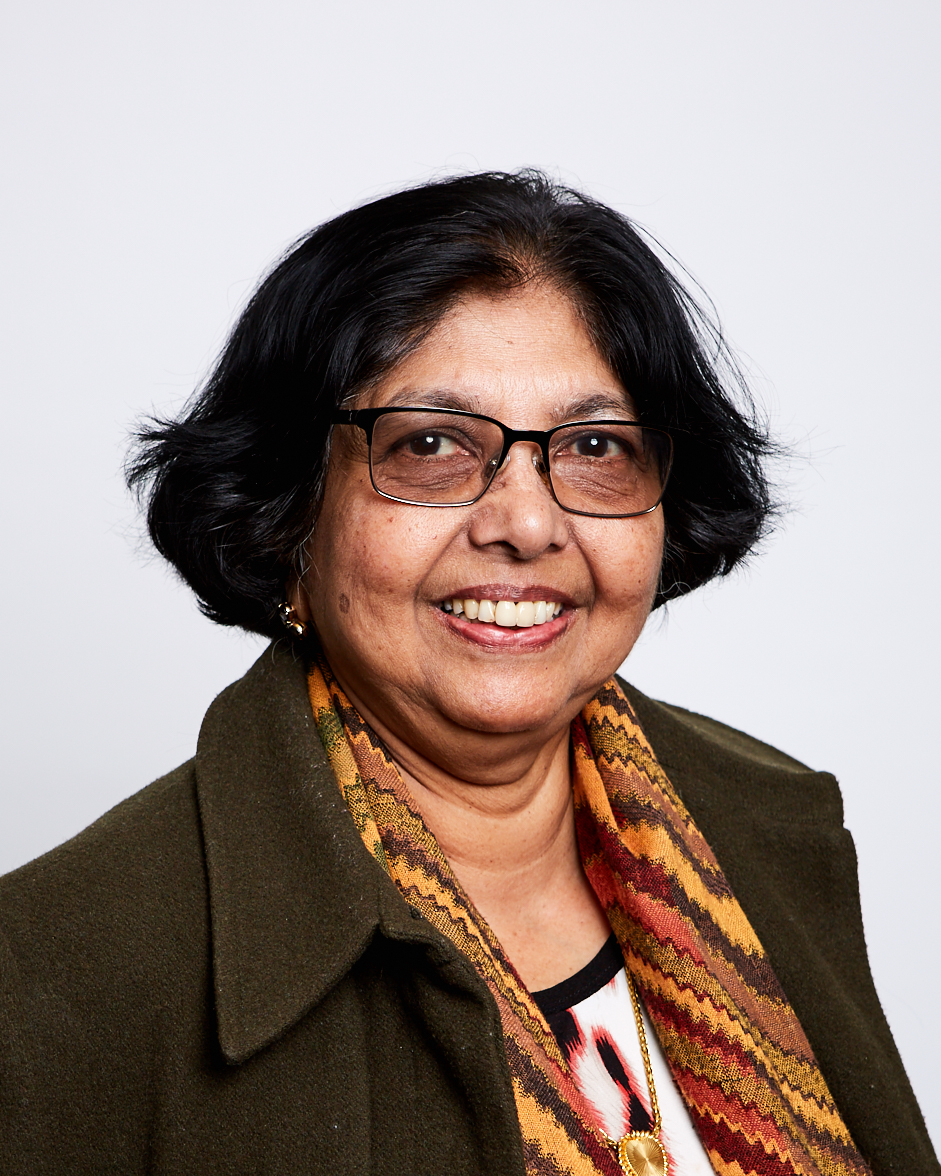
|
Dr Louise OlliffLouise holds a MA in Collaborative International Development Studies (Anthropology) from the University of Guelph, Canada, and a PhD in Anthropology and Development Studies from the University of Melbourne. She has worked for various non-governmental organisations in research, policy and advocacy roles in Australia, Cambodia and Ghana since 2001. Louise worked for over a decade in a variety of roles for Refugee Council of Australia. She has also worked as a consultant on settlement, international detention and refugee issues, and as a sessional lecturer (2018-2021) in the Master of Development Studies at University of Melbourne. Her research interests are in refugee policy and global governance, diaspora transnationalism, refugee diasporas, and critical humanitarianism studies. Louise is the author of the monograph, Helping Familiar Strangers: Diaspora Humanitarianism and the International Refugee Regime, to be published by Indiana University Press in 2022. Her work, both single and co-authored, has appeared in journal articles, reports, good practice guides and book chapters. | 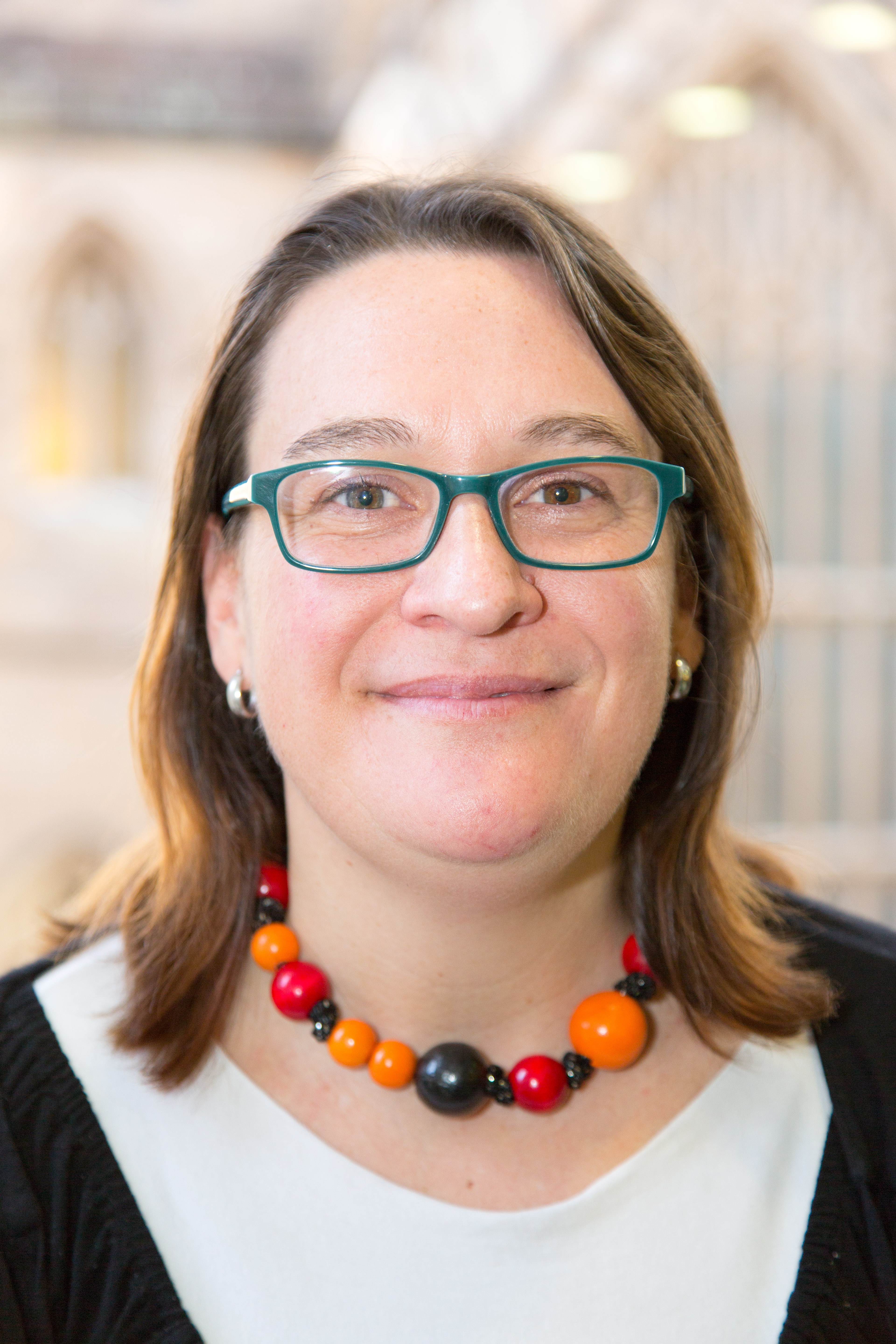
|
Dr Madeline BakerMadeline is interested in the state of the humanitarian system, what the future holds for it and how we can support a system of change. Madeline brings 13 years experience in international humanitarian response and has a strong skill set ranging from designing and managing humanitarian programs to monitoring, evaluation and partnership brokering. Madeline has experience managing multifaceted and international teams and working across different contexts in Africa, the Middle East, Asia, North America, Australia and the Pacific. Madeline has specific field experience in disaster response; Typhoon Haiyan in the Philippines, and the Kenya drought in 2017. She also has conflict and refugee experience managing programs supporting refugee and displaced populations in Syria and surrounding countries and responding to the needs of the Burundi refugee crisis in Tanzania. More recently, Madeline has focused her work on localisation and some of the challenges facing the humanitarian sector, working with partners in Australia and the Pacific. Madeline has a Master’s in International Law and International Relations from the University of New South Wales. | 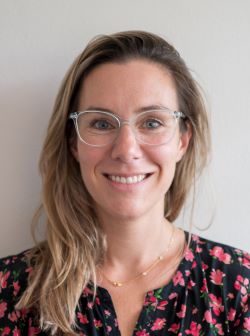 |
Associate Professor Margo BarrMargo is Associate Professor, Centre for Primary Health Care and Equity, University of New South Wales. She is an epidemiologist with expertise in public health including behaviour risk factors and communicable disease surveillance, survey and cohort methodology and management. She has worked extensively in the state and federal government sectors for 30 years and has also undertaken research in collaboration with universities including the University of Wollongong (where she is Honorary Principal Fellow), University of Western Sydney, and Sydney University. Past collaborations have resulted in published research on both public health and methodological issues including: malaria, influenza pandemics, cardiovascular disease, physical activity, mental health, skin cancer, glaucoma, alcohol, tobacco, child health, tuberculosis, survey methods and validation. |
|
Ms Margaret PiperMargaret was awarded a Member of the Order of Australia (AM) in 2011 in recognition of her decades of service to the community through leadership and advocacy roles assisting refugees and asylum seekers. Margaret is a consultant with over 30 years of experience working in the refugee sector, including as an Executive Director of the Refugee Council of Australia (1991- 2005). She is involved in policy and program planning through her work on various government and non-government committees and boards. She is a member of the Advisory Board of Multicultural NSW and of the Board of MYAN NSW. Since October 2015 Margaret has participated in the joint committee that supports Professor Shergold and the Department of Premier and Cabinet to identify and implement reforms in refugee settlement in NSW. Previously, Margaret was a Board Member of the Australian Red Cross and a member of its Audit and Risk Committee (2012-18) and continues to chair the Red Cross’ Service Committee and sit on its Migration Policy Advisory Committee. She has written extensively on refugee issues and is the author of numerous reports and studies, as well as four training packages for VET-courses linked to working with refugees. In 2018 she was awarded the Red Cross’ Distinguished Service Medal. |
|
Dr Mel TaylorMel is an Occupational Psychologist, School of Psychology, Macquarie University. Her research focusses on preparedness, response, and recovery to threats of relevance to national security. These are typically low probability, high consequence events such as pandemics, terrorism, emergency animal diseases, and disasters. Key areas of research interest are psychosocial response and recovery, uptake of biosecurity practices and health protective behaviours, and risk communication strategies. Mel is currently a project leader in the Bushfire and Natural Hazards Cooperative Research Centre for a project focussed on animal emergency management. She is also research leader for a three-year longitudinal study on the impacts of Hendra virus on horse owners’ risk perception and their practices. Past projects include the role of social media in disasters and its use as a tool for providing psychological first aid and supporting community resilience. | 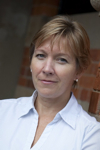 |
Dr Michael KennedyMichael is Senior Lecturer, Policing and Criminology, School of Social Sciences, Western Sydney University. Between 1978 and 1996 Michael was a detective in the New South Wales Police where he specialised in Organised and Major Crime Investigation. He has worked extensively with the Arabic speaking community and also specialised in Child Protection and Sexual Assault investigations Michael has worked with the Brigade de répression du Proxénétisme and the Brigade du protection des Mineurs in Paris. Between 2013 to 2017 Dr Kennedy worked in the Islamic Republic of Maldives where he was head of programme, Institute for Security and Law Enforcement Studies on behalf of Western Sydney University. |
|
Dr Mubashar HasanMubashar is a Bangladeshi academic and has done his Post-Doctoral Research fellowship at Department of Culture Studies and Oriental Languages, University of Oslo. He is an expert in religion, politics, security and migration in South Asia. He is published widely in academic journals and recently co-edited a book on Radicalization in South Asia (forthcoming Sage 2019). Mubashar has worked as a humanitarian journalist for IRIN News, the world’s largest humanitarian news agency. He has worked in public relations and communications and advised various government departments in Bangladesh, UN agencies and International NGOs. In 2018 he was awarded an Emerging Early Career Researcher by the US based Common Ground Research Network. Mubashar completed his PhD degree at Griffith University, where he founded www.alochonaa.com , an online platform to promote dialogue. |
|
Mr Nate HendersonNate is an international public policy expert and currently works as Manager International Program at Family Planning Australia. Previously, Nate was an Australian diplomat working at the United Nations in New York where he negotiated numerous international agreements including the Sustainable Development Goals. Nate has also worked for UNICEF in Papua New Guinea, and for Macquarie University, Sydney. Nate holds a Master of Business Administration, a Master of International Law, and a Bachelor of Arts in International Relations. Nate’s research interests and publications focus on international development, foreign policy, and global trade ideas and solutions that aim to promote equality, diversity, and sustainability. | |
Dr Pamela SitkoPamela holds a PhD in urban disaster resilience from the Urban Planning and Design Department at Oxford Brookes University. She is an urban resilience consultant who has worked in disaster, development and conflict settings in over 20 countries for the United Nations, Red Cross and Red Crescent and numerous non-government organisations. Pamela develops evidence-based research for practitioners on topics related to resilience building, and urban development, crisis preparedness and response. In 2018, Pamela was responsible for the urban component of the revised Sphere Handbook for minimum humanitarian standards. Previously, Pamela worked as World Vision International’s technical advisor for urban disaster management. She has led evaluations, strategy development, media and communications, and disaster simulation training. | 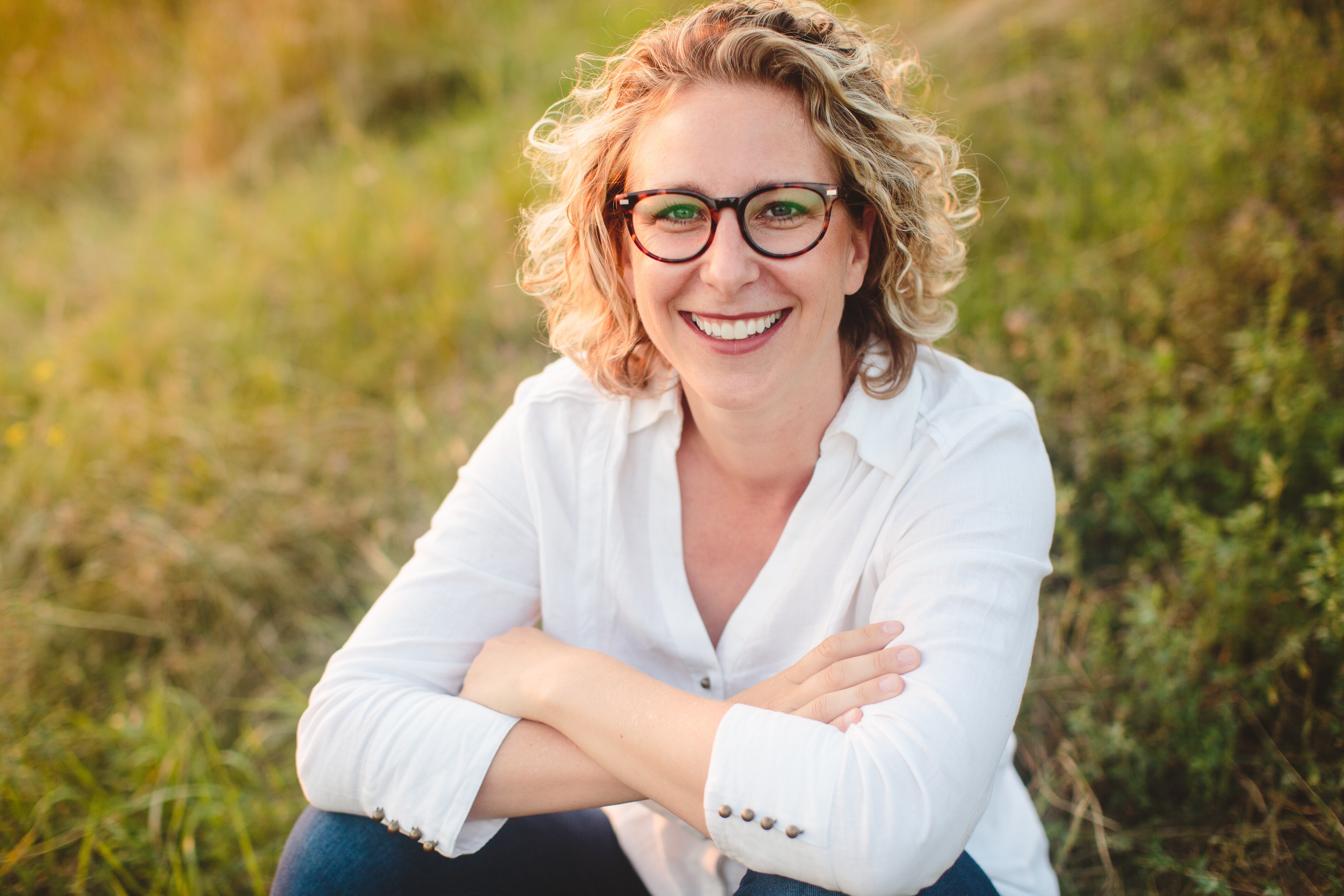
|
Associate Professor Samsul HudaSamsul is an agroclimatologist and Associate Professor in the School of Science and Health, Western Sydney University. He has developed and applied a framework to address climate variability towards maximising opportunities and minimising crop production risk in a number of countries. Samsul works with a variety of stakeholders, including researchers, policy makers, government agencies, farmers and agribusinesses, to increase food production, create sustainable natural resource management, implement policy, and ensure food security and livelihood improvement in participating countries. He has secured significant funding for his research into food security from Australian and overseas governments and other bodies (including from the Australian Centre for International Agricultural Research, the Australia-India Council, and Asia-Pacific Network for Global Change Research), for his work on subsistence farming systems in India, Bangladesh, Cambodia, and China. | 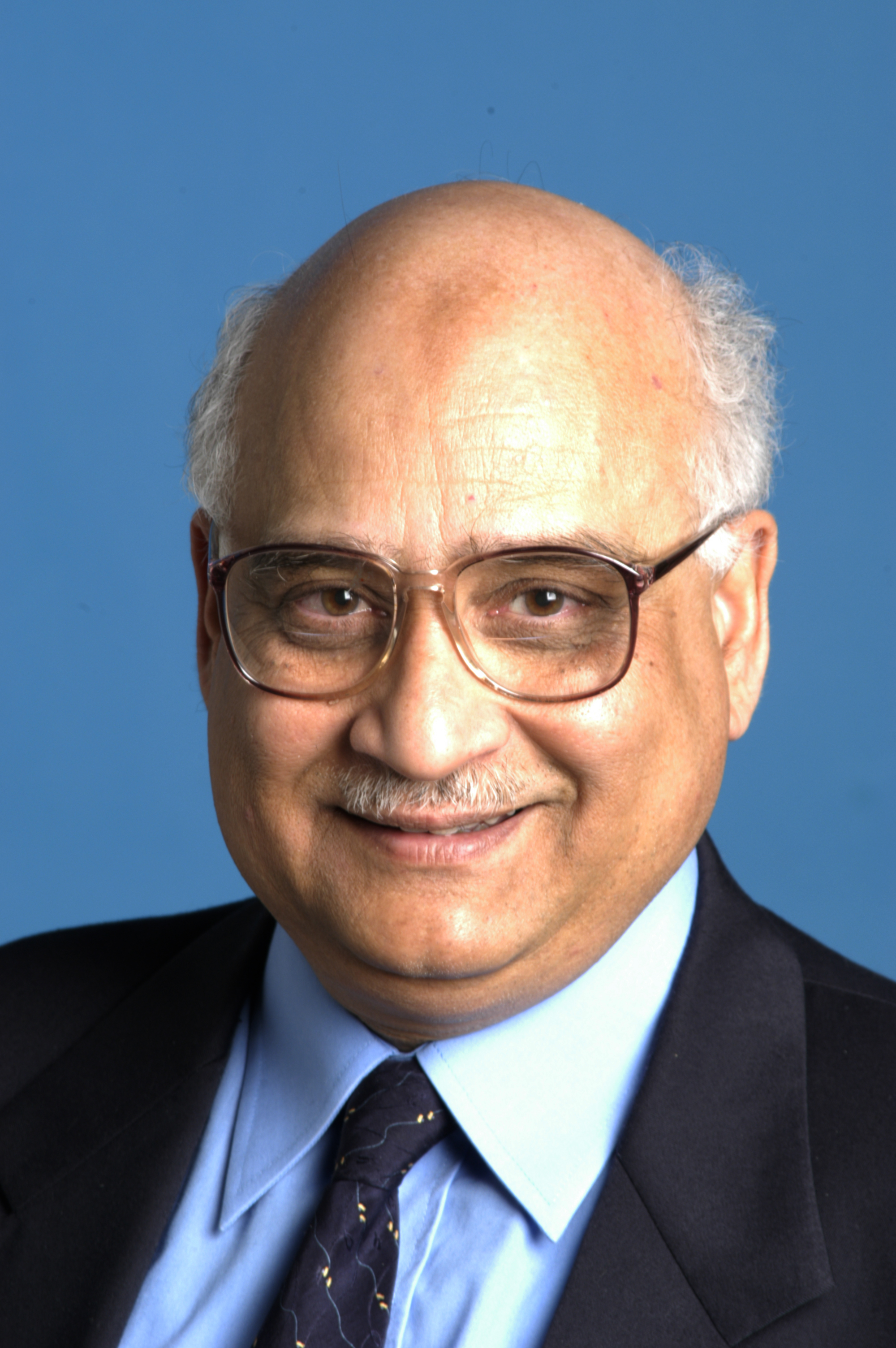
|
Dr Helmut De NardiHelmut holds a PhD from University College London. They are a community archaeologist and historian interested in the sense of place and everyday experiences of social groups who have experienced conflict. Helmut is the co-editor of the Journal of Community Archaeological and Heritage, a platform for multi-vocal heritage values and the ethics of place-building and identity. Helmut applies their own intuitive method of community-led mapping as a means of ‘visualising’ emotional and sensory practices of place-making to a variety of contexts in their research work. They have led heritage outreach projects in Australia and has undertaken community-centred fieldwork in the Swat and Naran/Kaghan Valleys in Pakistan, as well as in England and Italy. | 
|
Dr Shameran Slewa-YounanShameran is Senior Lecturer, Mental Health, School of Medicine, Western Sydney University. She has worked as a sessional psychologist for the NSW Transcultural Mental Health Centre since 2001, specifically with Iraqi refugees and more recently with Syrian arrivals. She has been involved with several projects examining trauma-related mental health disorders in this group of refugees, including the measurement of psychological and physiological measures of distress, and the mental health literacy of refugee populations. She has published over 50 peer-reviewed publications, including several invited articles and has appeared on ABC News regarding the mental health outcomes of Iraqi refugees in Australia. She has developed collaborative networks with academics at Universities of Melbourne, Charles Sturt, and Sharjah (UAE) and with NSW Refugee Health Service and is Honorary Senior Research Fellow, Centre for Mental Health, University of Melbourne. She is also a board member of South Western Sydney Local Health District. | 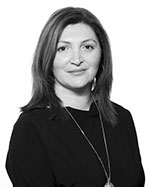 |
Dr Valentina BaúValentina holds a PhD from Macquarie University and is a Senior Research Fellow at Western Sydney University, Institute for Culture and Society. She conducts research on the application of Communication for Development (C4D) in Peacebuilding, documenting and evaluating C4D approaches that employ different media and communication channels to contribute to social change and sustainable peace in the aftermath of violence. In 2021 Valentina was awarded an Australia Research Council (ARC) Discovery Early Career Researcher Award (DECRA) for her project on development communication interventions aimed at promoting peace among communities experiencing protracted displacement. Valentina has worked in Africa, Asia, and the Middle East, collaborating with international NGOs, UN agencies and the Italian Development Cooperation, both in a research and communication capacity. | 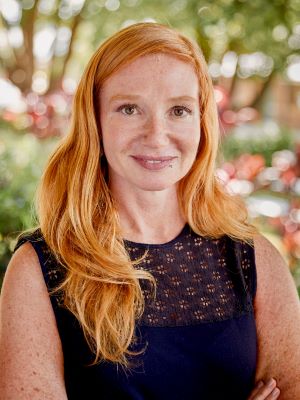
|
Dr Valentine MukuriaValentine Mukuria holds a PhD in Educational Policy and Leadership from the Ohio State University (USA). She has worked in the field of university-community engagement and curriculum advising for over a decade and is currently Engagement Facilitator in the Office of Engagement at Western Sydney University. Prior to this Valentine held visiting academic appointments at Green Templeton College (Oxford University), and Institute of Education (University of London). She is currently undertaking a second doctorate (Doctor of Social Science) at the University of Sydney with a research project titled: Higher Education sans frontieres: The role of universities in addressing the protracted refugee situation in Kenya. This research, aligned with the HADRI’s Migration and Diaspora thematic research area, focuses on the educational, career and leadership aspirations of refugee youth in Kenya. | 
|
Dr Rob GoodfellowDr Rob Goodfellow (PhD History) (Adjunct Fellow and researcher Humanitarian and Development Research Initiative (HADRI), Western Sydney University) is a book writer, newspaper columnist, researcher, and Australian Government registered lobbyist, specialising in Indonesia and Papua New Guinea. | 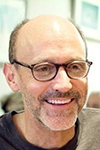
|
Dr Zulfan TadjoeddinZulfan is Associate Professor and Director of Academic Program, Humanitarian and Development Studies, School of Social Sciences, Western Sydney University. He has held visiting research appointments at the Queen Elizabeth House at University of Oxford, and at the Institute of Social Studies (ISS) of Erasmus University Rotterdam (The Netherlands). Zulfan was a Technical Advisor on decentralization and conflict at the United Nations Development Programmes (UNDP) in Indonesia, and a researcher at the UN Support Facility for Indonesian Recovery (UNSFIR-UNDP) and World Agroforestry Centre. His research areas include development and conflict, employment and labour market, and poverty and inequality. Zulfan has published in leading journals such as Journal of Peace Research, Civil Wars, Economics of Peace and Security Journal, Journal of Development Studies, Oxford Development Studies, Journal of East Asian Studies, Journal of International Development, Journal of the Asia Pacific Economy and Economics and Labour Relations Review. His book titled Explaining Collective Violence in Contemporary Indonesia was published by Palgrave Macmillan in 2014. He has consulted for various UN agencies such as ILO, UNDP and UNICEF. |  |
InternationalDr Christina Martinez-FernandezCristina is Senior Specialist, Environment and Decent Work, International Labour Organization (ILO) in Bangkok. She has previously worked with: the Asian Development Bank as an Education Specialist (skills and Employment); the Organisation for Economic Co-operation and Development (OECD) as Advisor of the Knowledge Sharing Alliance at the Secretary General’s Office, and as Senior Policy Analyst at the OECD Centre for Entrepreneurship, SMEs and Local Development; and at Western Sydney University as Associate Professor. She is currently part of the ILO Global Team on Green Jobs and the Green Initiative. Apart from authoring and contributing to numerous internal documents for ILO and the OECD, Christina has published in a range of journals including European Planning Studies and Urban Geography. |
|
Mr Madhu Sudan GautamMadhu Sudan Gautam is a Programme Director at National Disaster Risk Reduction Centre (NDRC) Nepal. He is an expert in Disaster Risk Reduction (DRR) and Climate change adaptation. Madhu has broad experience in DRR and environmental policy assessment, impact evaluation, institutional mapping, research and findings, which have been disseminated through workshops and published reports. He is also an expert in quantitative and qualitative analysis and brings to HADRI experience of evaluation and community level studies in Nepal. Madhu has worked as a consultant, financial and disaster resilience expert and lead researcher for a number of governmental and non-governmental agencies related to policy reviews, needs assessments and impact studies of disaster risk, agriculture, climate change and adaptation. |
|
Dr Mom BishwakarmaDr Mom Bishwakarma holds a a PhD in Sociology & Social Policy (2018) from the University of Sydney and a BA and an MA in Sociology from Tribhuvan University Nepal. He is a Research and Development specialist, with over 10 years’ experience working with the World Bank, United Nations, and non-profit organisations. Mom has expertise in program management, monitoring and evaluation, program design and delivery in social development, and he brings his strong research and analytical skills to manage and track data, produce reports, and strategically respond to development problems. He is committed to improving the condition of ethnic minorities and disadvantaged groups in the Asia-Pacific region. | 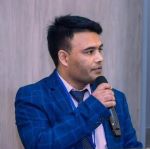 |
Professor Natalia SzablewskaNatalia is Professor in Law and Society and The Open University Law School (UK) and Adjunct Professor at the Centre for the Study of Humanitarian Law (CSHL) at the Royal University of Law and Economics (Cambodia). She is a social scientist and lawyer specialising in human rights (law) and transformative justice processes. She has over 20 years of experience spanning the public sector, governmental and non-governmental organisations, and academia in five countries. Her research centres on themes at the intersection of law, public policy and ethics, and she employs gender- and human rights-based approaches to examine issues relating to vulnerable populations and socio-legal (in)equalities. Natalia has published widely for academic and non-academic audiences, and her academic work has appeared in leading law, social sciences, business, conflict studies and public health journals. Her more recent appointments include serving as Chair of Business and Human Rights Committee of Australian Lawyers for Human Rights (ALHR) and as a Member of the Modern Slavery Leadership Advisory Group to the New Zealand Government. |
|
Associate Professor Robert HuishRobert lectures in International Development Studies at Dalhousie University, Canada. His research is focused largely on Cuba and North Korea and covers a wide range of topics including global health, social justice, and political/economic sanctions. He is the author of the 2013 study Going Where No Doctor Has Gone Before: Cuba’s Place in the Global Health Landscape, which explores how good health is often the product of social justice, as well as over 40 refereed articles on global health. Robert teaches several classes on global health at Dalhousie University and was Visiting Fellow at the University of Leipzig in Germany in 2018. In 2012 he was named as one of Canada’s most innovative educators in the Globe and Mail’s “Our Time to Lead” series. |
|
Professor Sagar Raj SharmaSagar is Professor, Department of Development Studies, and Dean, School of Arts, Kathmandu University, Nepal. He holds a PhD in Development Economics from Fukuoka University, Japan. Sagar has worked extensively in fields including: foreign aid and development; land reform in Nepal; migration and development; and human development and ethics. He has worked in both the development and academic sectors, and has published widely on post-conflict state building, land reform and land access. | 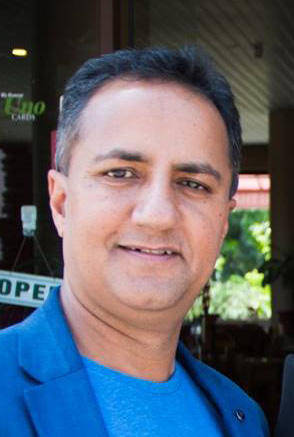 |
Dr Uddhab PyakurelUddhab is an academic at the School of Arts, Kathmandu University, Nepal. He holds a Ph.D. from the Centre for the Study of Social Systems at the Jawaharlal Nehru University, New Delhi, and is the author of several monographs including Maoist Movement in Nepal: A Sociological Perspective (New Delhi: Adroit Publishers, 2007). Uddhab often contributes articles to journals, book chapters and local newspapers on poverty, development, people’s participation, social inclusion/exclusion, state restructuring, conflict, identity, democracy, election, Indo-Nepal relations and other socio-political issues. | 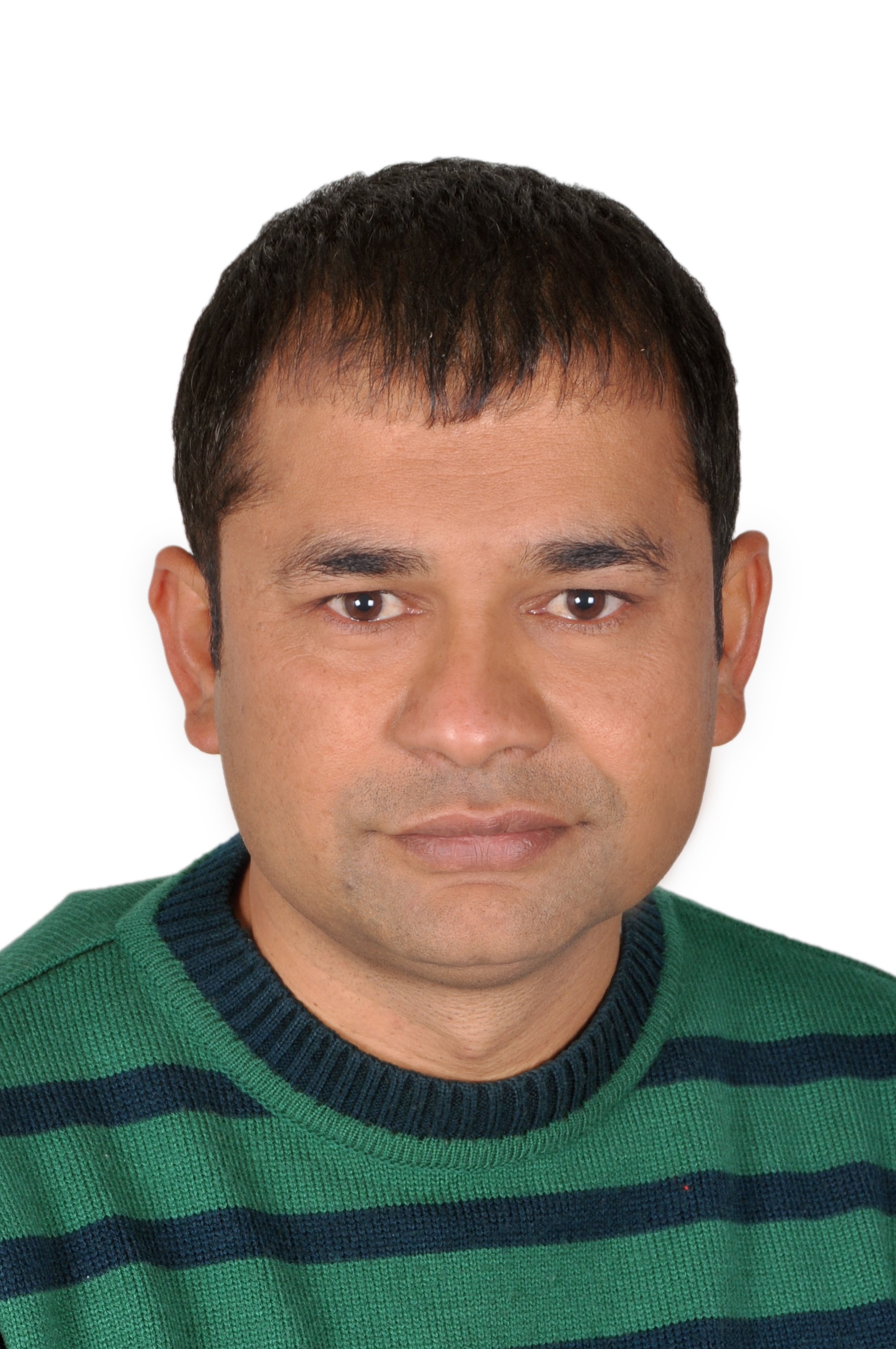 |
Mobile options:

